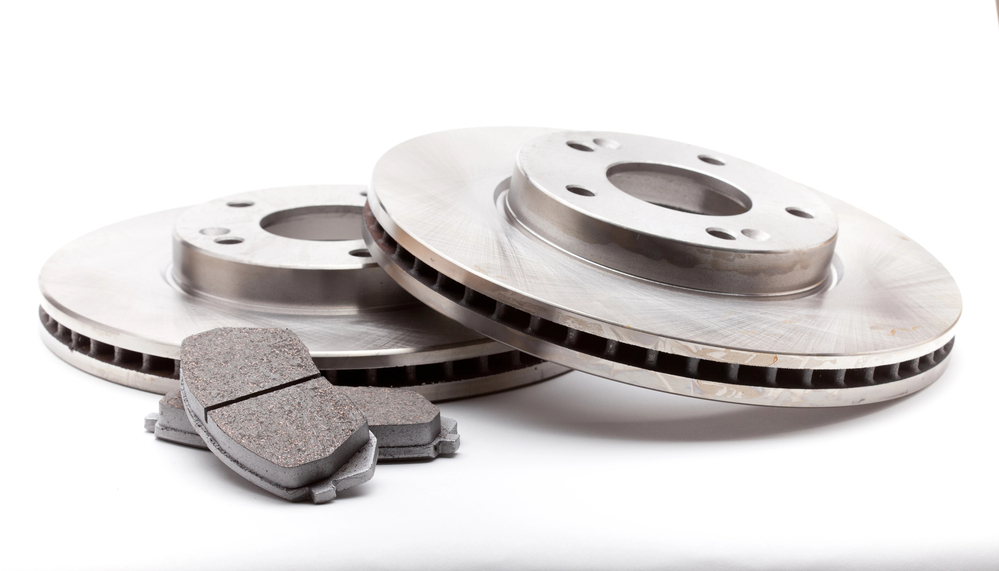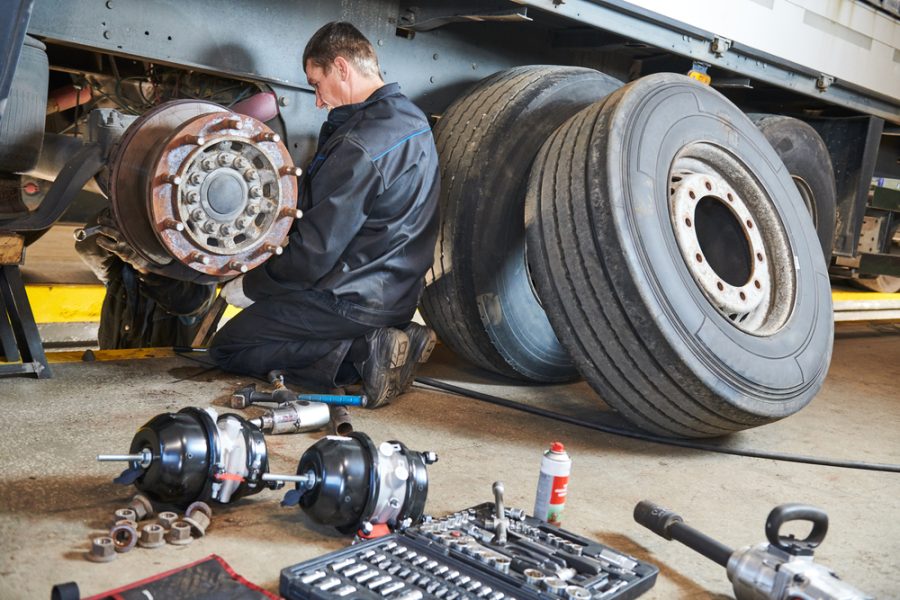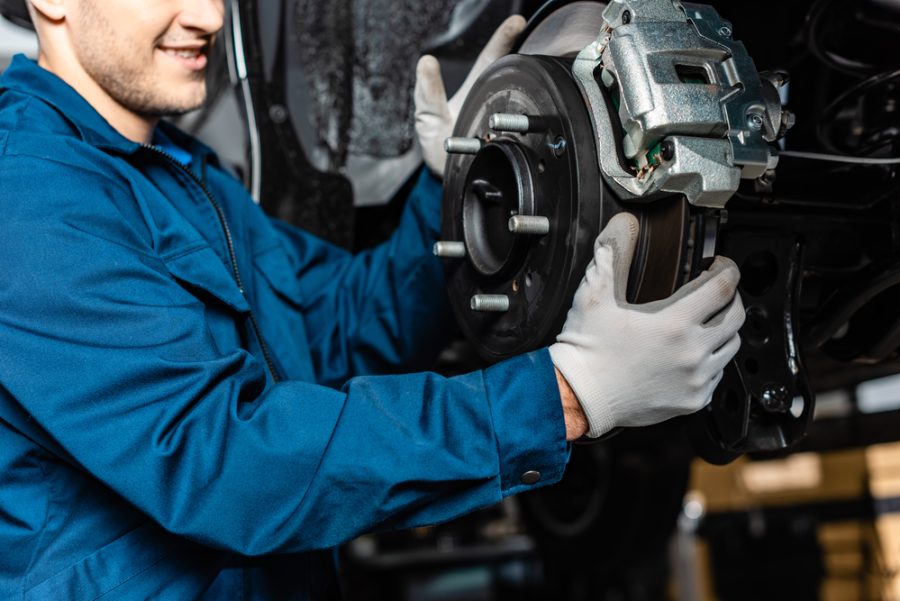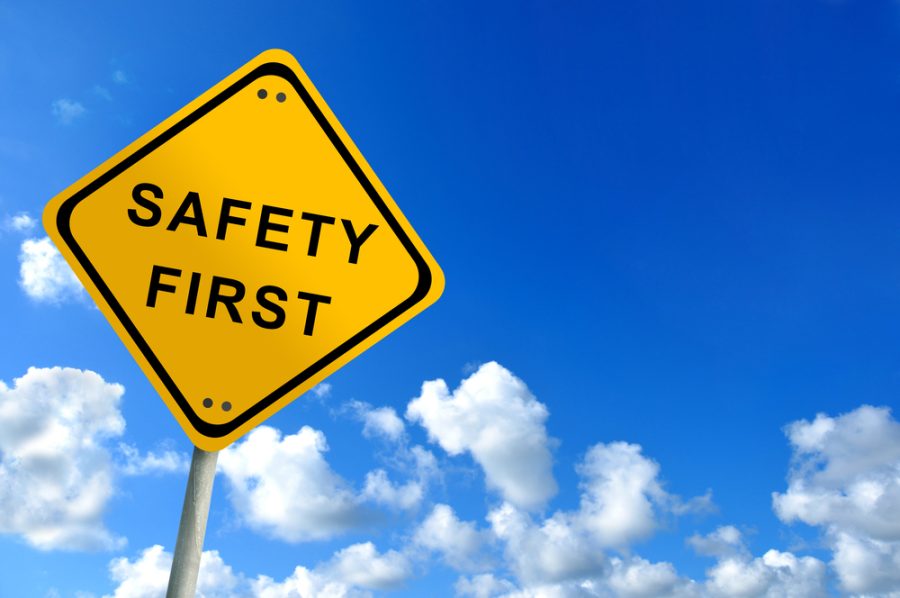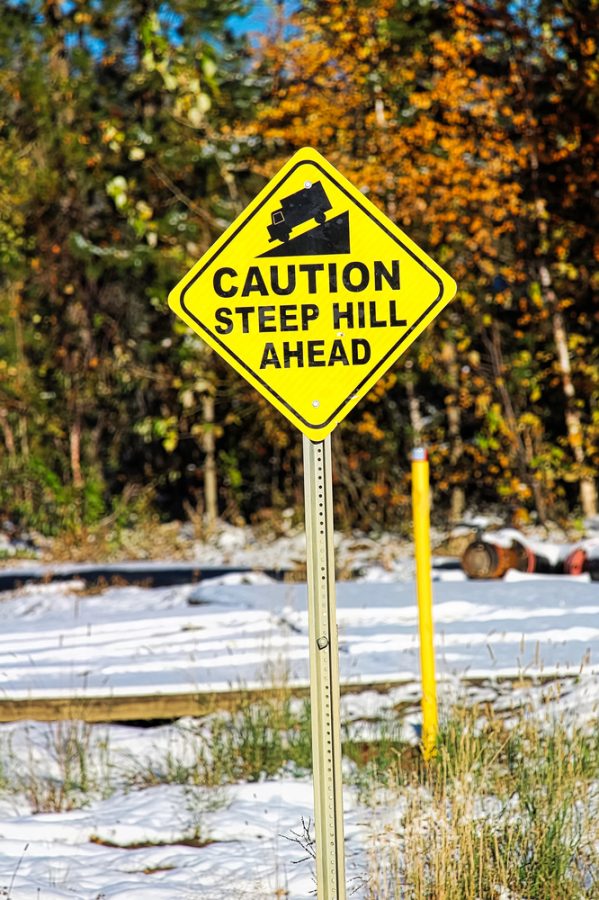Introduction
The high-pitched squeal of the brakes can be more than just a pain in the ear; it can ruin the drive and even make passengers anxious. Knowing the causes of these squeaks is key to safe and compliant driving.
From worn-out brake pads to improper brake lubrication, there are many reasons for this unpleasant sound. So knowing how to fix these issues through maintenance and repairs is crucial for safety and peace of mind.
Squeaky Brakes Causes
Common Causes
Worn-out Brake Pads: As brake pads wear out over time, the friction material gets thinner and the metal gets in contact with each other hence the squeaking sound.
Glazed Brake Pads: When brake pads get overheated, a glaze forms on the surface reducing their effectiveness and causing squeaking when you brake.
Surface Rust on Brake Rotors: If a vehicle sits unused for a long time or is exposed to moisture, surface rust can form on the brake rotors. When you brake, this rust gets in contact with the brake pads and produces a squeaky sound.
Brake Pad Material: Different brake pad materials can cause squeaking. Semi-metallic brake pads for example are noisier than ceramic pads due to higher metal content.
Moisture and Debris: Moisture and road debris can accumulate on brake components interfere with their operation and cause squeaks and other brake problems.
Technical Explanation
Understanding how brake components work can help you understand where squeaky brakes come from. When you brake, the brake pads press against the rotating brake rotor and generate friction to slow down or stop the vehicle. If any of the components are worn out or damaged or if there’s improper lubrication, vibrations and squeaks can occur. For example, worn-out brake pads can vibrate against the rotor and produce a high-pitched sound. Glazed brake pads can’t stop smoothly and produce squeaking. Proper maintenance and addressing these issues early can prevent squeaky brakes and safe driving.
Consequences of Neglected Brakes
Safety Risks
Brake Failure and Accidents: Ignoring brake maintenance can lead to brake failure and is a serious risk to the driver and other road users. Without functioning brakes, you can’t stop or slow down in emergency situations and accidents will happen.
Increased Stopping Distance: Worn-out brake pads or damaged brake components can increase stopping distance and reduce your reaction time to changes in traffic. This increased stopping distance can result in rear-end collisions or other accidents that could have been prevented with proper maintenance.
Brake System Damage: Continuous use of neglected brakes can damage brake system components like brake pads, rotors, and calipers. This damage not only affects braking performance but also costly repairs and replacements.
Compliance
Department of Transportation (DOT) conducts an annual Brake Inspection Week every August to remind everyone about brake maintenance and compliance with safety regulations. During this week, commercial vehicles are inspected thoroughly to check the condition of their brake system and address any issues found.
Not complying with DOT regulations can cause severe consequences to vehicle operators and owners. Violations can lead to fines, penalties, and even vehicle impoundment. So regular brake maintenance is crucial for safety and compliance on the road.
How to Fix Squeaky Brakes
Quick Fix
When you encounter squeaky brakes, take immediate action to prevent further damage and get back to optimal braking performance. Inspect the brake pads and rotors for wear and damage. Look for uneven wear patterns or excessive thinning of the brake pads as these can cause squeaking. Also, check for surface rust on the brake rotors and clean it off using a rust remover to improve braking and reduce noise.
Do It Yourself
Several DIY solutions can fix squeaky brakes and improve performance. Apply brake lubricant to the contact points of the brake pads and calipers to reduce friction and squeak. If brake pads are worn or glazed, replace them with new ones to get back to smooth braking. Bed in new brake pads by gradually increasing braking pressure to seat them properly and reduce noise. Clean debris and moisture from brake components regularly to prevent future squeaking and optimal brake operation.
When to Call a Pro
While DIY fixes can solve many squealing brake issues, persistent problems may be signs of underlying issues that need professional attention. If squeaking persists after DIY attempts, you may need to consult a mechanic to diagnose and fix the problem. Complex brake system components like calipers may require specialized knowledge to inspect and repair. By knowing the limitations of DIY fixes and calling a pro when needed, you can have safe and quiet braking for your vehicle.
Brake Maintenance
Scheduled Service
Preventive maintenance is the key to a long and trouble-free braking system. Schedule brake service to inspect and maintain brake pads, rotors, and calipers. Regular service allows early detection of wear and damage to minimize brake failure and be ready when you need it most.
Maintenance Tips
Follow these maintenance tips to extend the life of brake components and overall braking performance. Clean brake components and remove dirt and grime buildup regularly. Use high-quality brake pads and friction materials for consistent and reliable braking. Lubricate slide pins and other moving parts to reduce friction and prevent wear.
Best Practice
Follow these do’s to prevent common problems and maintain your vehicle’s braking system. Avoid heat buildup by using proper braking techniques like gradual and controlled braking instead of harsh and sudden stops. Heat can wear out brake pads and reduce braking power. Also, store your vehicle in dry condition whenever possible as moisture can cause corrosion and brake performance degradation over time.
By doing preventive maintenance, and following maintenance tips and do’s, you can proactively keep your vehicle’s braking system in good condition and have safe and reliable braking on the road.
When to Replace Brake Pads
Signs You Need New Brake Pads
Knowing the signs you need new brake pads is key to safe braking. Brake squealing and squeaking are signs of worn-out brake pads, the friction material is thin and not effective.
Also if you feel vibrations or pulsing in the brake pedal when braking it may mean uneven wear or damage to the brake pads. If you experience reduced braking performance like a longer stopping distance or mushy brake pedal feel it means the brake pads have reached the end of their life and need to be replaced.
Selecting the Right Brake Pads
Choosing the right brake pads for your vehicle is crucial for optimal braking performance and longevity. Knowing the different types of brake pads (organic, semi-metallic, and ceramic) will help you decide.
Consider driving conditions, vehicle type, and brake pad material when selecting the right brake pads for your vehicle. Organic brake pads are quiet and smooth, and semi-metallic pads are good for heat dissipation and durability. Ceramic brake pads are best for high-performance and heavy-duty applications. By considering these factors and choosing the right brake pads for your needs you can have better braking and safety on the road.
Summary
Fixing squeaky brakes and maintaining the brake system is a must for safe and compliant driving. Throughout this article, we have emphasized the importance of fixing squeaky brakes and maintenance to prevent future problems. By summarizing the key points we reiterate the importance of brake maintenance for safety and compliance on the road. Regular checkups and professional service are habits every driver should develop to have optimal braking and overall road safety.
